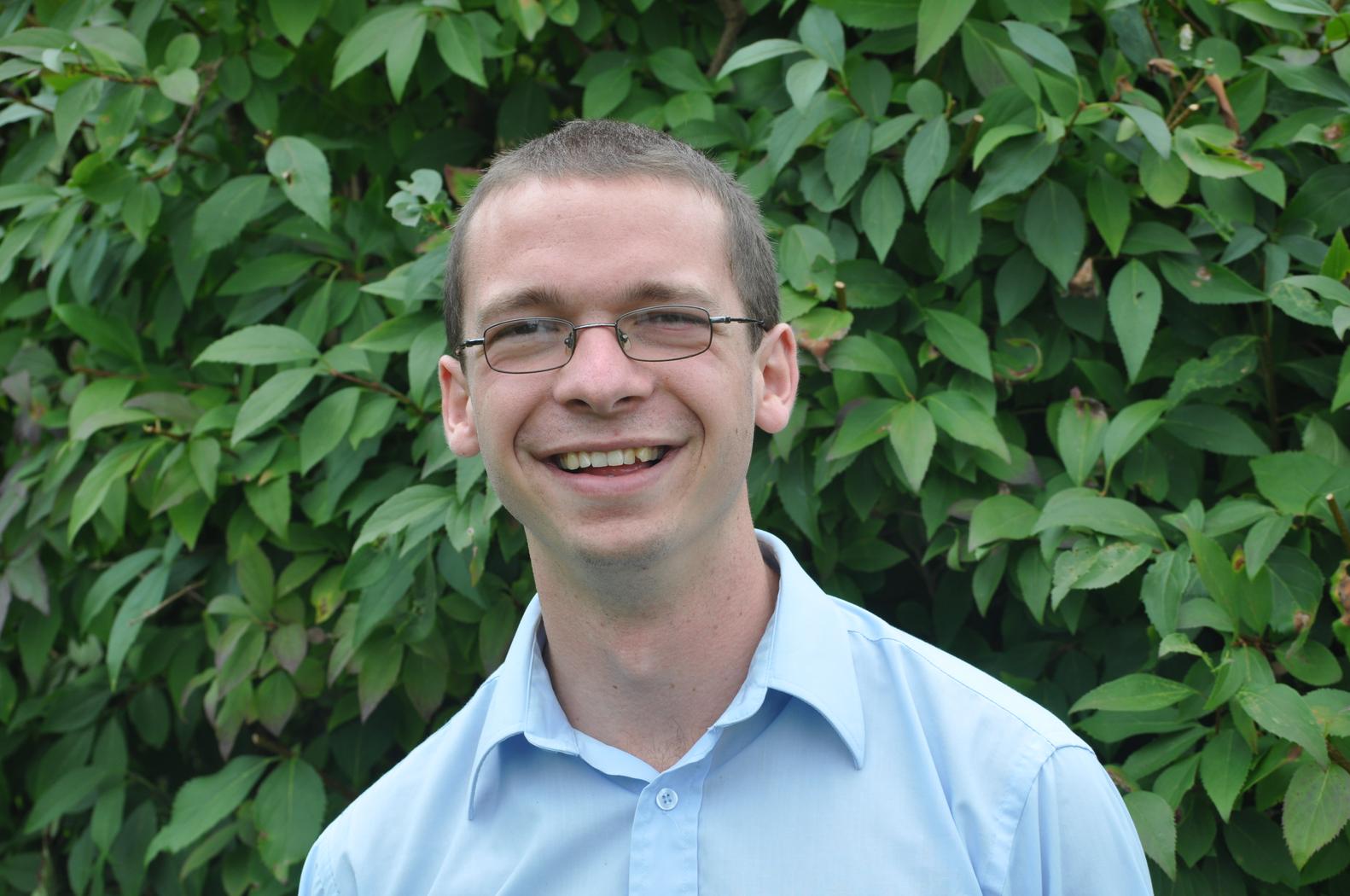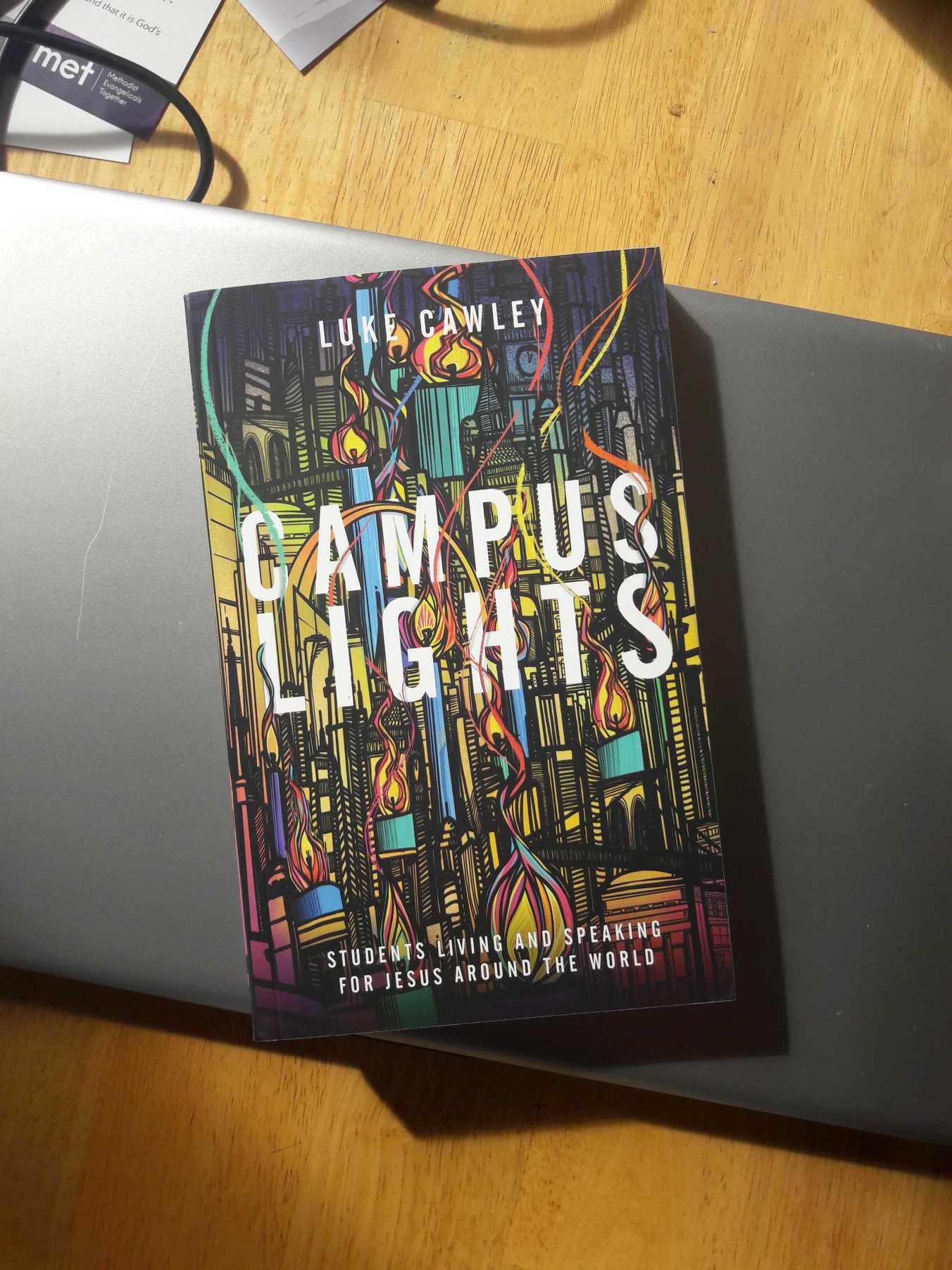This review was originally posted on the Al-Jabr blog.
One of the things I love about travel, is the stories one hears from people from all sorts of backgrounds. From adventure stories that thrill us as we start to wonder where truth stops and fiction starts, to heart-breaking tales of messy reality that leave us deeply moved and wondering whether we should be acting differently. Stories inspire, illustrate and capture hearts and minds.
I was looking forward to this book for that exact reason – stories of God at work from campuses around the world. I know the author, Luke, having worked alongside him in UCCF (IFES in Great Britain), and I’ve always appreciated the power in his communication, and his ability to think independently. And I wasn’t disappointed – the opening chapter was of a student evangelistic gathering that was stormed by the Police in a far-off country, and leaders arrested. Boom – I was gripped!
But I was also wary. Have you ever met a traveller who never shuts up? Or someone who really thinks they’ve got incredible tales to tell, but leaves you stretching for you drink to hide your yawn? Having worked in student work and attended conferences and gatherings across Europe and beyond for over 7 years, it’s not just entertaining stories I am after – there are plenty of them around already! But thankfully this book is different.
Launched this coming week at The International Fellowship of Evangelical Students (IFES) World Assembly, each chapter is carefully chosen to tell of the values that make a great student movement. But when you’ve only 12 or so stories to pick, it could be easy to pick the best, funniest and most glorious that paint IFES in a wonderful light. But Luke doesn’t. And the book is all the more wonderful for it. Here’s just a whisper of what it contains:
Chapter 2: Tales of Proclaiming Jesus (Indonesia and Middle East)
“Proclamation doesn’t work in our culture” is quite often what I get told in various settings where I visit. Setting aside the easier context of Europe, where tens of thousands are hearing the good news proclaimed through small CUs running high profile events and week of events, and where the IFES Europe “FEUER” conference is training hundreds to do so, Luke takes us to the most unlikely of places. Highly relational, highly Islamic settings, where openly discussing evidence about Jesus being God is forbidden. So how might proclamation of good news there work? In its own messy way, Luke tells us!

Chapter 3: Tales of Promoting Justice (Guatemala and USA)
“We don’t have any justice issues here – we just need to preach the gospel” is a line that I again, often hear on campuses in Europe. But somehow in the south of Ireland, one of the largest Christian denominations is largely Nigerian, yet we see few Nigerians in our Christian Unions – why? And somehow in the north of Ireland we claim that we want everyone to meet Jesus, but we’ll refuse to shape our lives round ending the segregation in society to make that possible. Justice matters. Everyone expected Guatemala to be in the chapter. But no-one thought the USA would be here. Luke tells the controversial story of #blacklivesmatter and how Urbana tackled it – was it wise?
Chapter 4: Tales of Engaging the University (Sri Lanka and Great Britain)
If “reaching every student with the good news of Jesus” becomes our mantra, where is the place of equipping graduates to have a full-orbed worldview, a whole-person discipleship, that looks to have Christians in every sphere of campus life, making a difference and living for Christ? Vinoth Ramachandra (Sri Lanka) has been a long-term advocate of this, though it is not his story that is told. This chapter brings a wonderful depth to a good news that ought to impact every area of life, through humanly insignificant ways of lone students and academics.
Chapter 5: Tales of preparing graduates (Kenya and Romania)
The Kenyan tale was great. A business-man creating a prayerful, spirit-led stir across corporations and borders. The Romanian one, I’d wondered whether Luke (based there) had just written about his Romanian mates (a few of whom I’ve met). But out of the fog, came insight. A story that I wondered about where it was going, turned into God using failure, ‘wrong’ decisions and more, to grow something from nothing. The raw authenticity of the story made it utterly relatable to so many stories here in Ireland. Perhaps a model for pursuing life as graduates.

Here the book takes a turn in emphasis, taking convictions of a student movement, and figuring out to make them sustainable:
Chapter 6: Tales of Leadership Development (Solomon Islands and Mongolia)
What a joy to read something of two messy movements. Both works of God in hard places, but for utterly different reasons. How do we grow leaders from being consumers (or non-Christians) through to leading such movements? Here lies two great examples at varying stages.
Chapter 7: Tales of Financial Sustainability (South Korea and Burkina Faso)
There reaches a stage in every movement where finance is an issue. Luke takes one country that is highly “Christian” but sharply in decline, and another that is used to depending on others for support and shows how things can be sustainable in both, despite challenges. Or rather he doesn’t show us. He tells their stories, and leaves us to work things out – a far better way to help us contextualise!
Chapter 8: Stories from the future (St Kitts)
And before I knew it, 16 hours later (not all spent reading), I’d finished the book. Gripped by many a story. Challenged anew by what I’d read. Even made to think by the way Luke handled the passages he turned to in each chapter in fresh ways.

This was certainly not what I thought it would be – “Shining Like Stars 2″ – a sequel to Lindsay Brown’s great account of God at work across campuses. Nor is it a history of IFES, although it does contain snippets.
But it is both a stimulating read for the thinker, and a call to action. A tale of God working through weakness, and a springboard for us to be used similarly. A collection of apparently random lifestories from round the world, yet of intimately connected, diverse family members who all have a family name written over their doors. And the name is not IFES. The name is Jesus.
I’d encourage any staff member to pick this up and read it, but also any student who wishes to be encouraged by God at work, and challenged by some convictions which they might help shape CU life. And for those of past CU generations? Come, celebrate what God has done and is doing!
About the Author

Peter is a Team Leader with Christian Unions Ireland in Munster and Connacht and normally blogs on faith and travel, which increasingly overlaps with the culture of the campuses he works on. You can find his book “Travel: in tandem with God’s Heart” (IVP 2018) in ebook or physical format from any major distributor.

